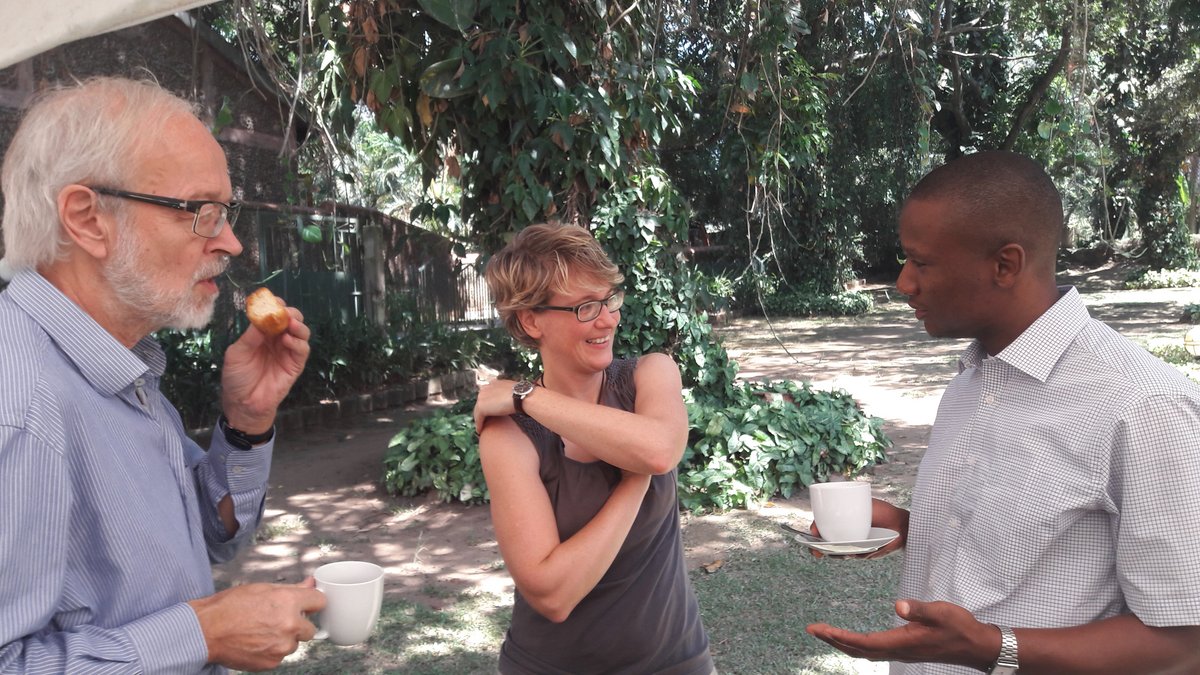Campaign Financing in Tanzania and Uganda
Implications for Policy and Rent Bargaining
Fiscal contract theory implicitly assumes that tax payment to the state buys the revenue provider influence on policy and its implementation. Similarly, the assumption in most research on political financing is that legal and illegal contributions to a political party and its election campaigns can buy political influence on specific policies (including policies on taxation) and how these are complied with. Political financing research also indicates that the volume of money from private sources to parties and political candidates has increased over time in both rich and poor countries. Although direct financing of a party and/or its candidates may buy the donors more influence than paying (un)earmarked taxes, knowledge about this type of influence buying in African countries is limited.
This research contributes to the literature on fiscal theory and political financing by addressing three questions: What is the cost of campaign financing in primary, parliamentary, and presidential elections in Uganda and Tanzania, and how has it changed over time? What are the major sources of campaign financing for the ruling party and the opposition? How and to what extent do these campaign financing features influence (tax) policies and their implementation?
We review relevant documents from the political parties themselves, from election monitoring bodies, and from the limited research on campaign financing in Tanzania and Uganda to help establish trends over time. Next, we collect information about campaign financing during the two last elections through questionnaire interviews with a representative/random sample of political candidates. Finally, we conduct interviews with key informants about the donation-influence exchange – both in general and with respect to specific policies (the cases of which are to be selected on basis of information from key informants).
The preliminary results indicate that the size of campaign financing has increased over the two last election cycles in both countries. They also show that the financing patterns for candidates from the ruling and the opposition parties differ and that individual candidates get relatively limited financial assistance from the party. This is likely to have a significant impact on the formulation of the donation-influence processes and their outcomes.



